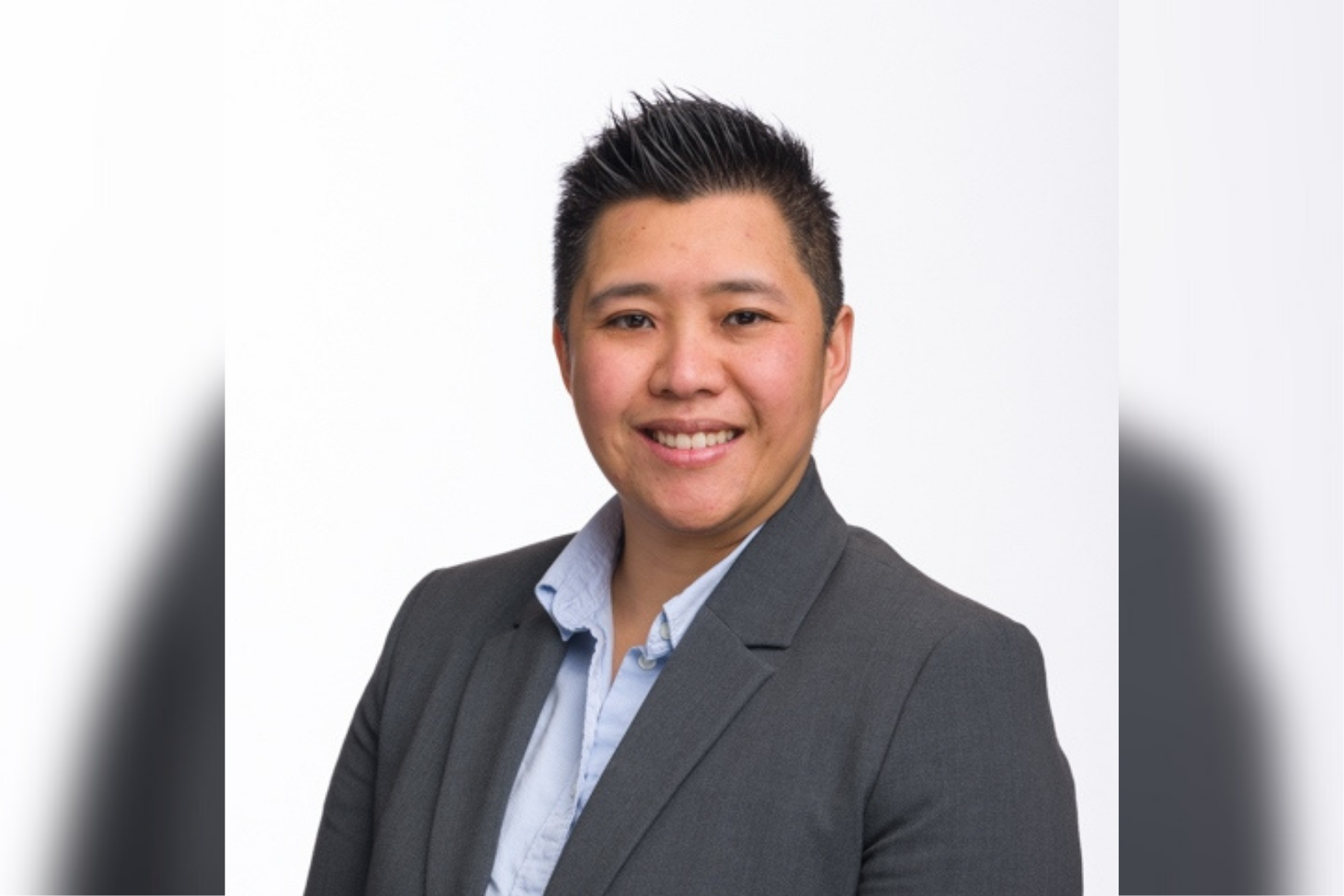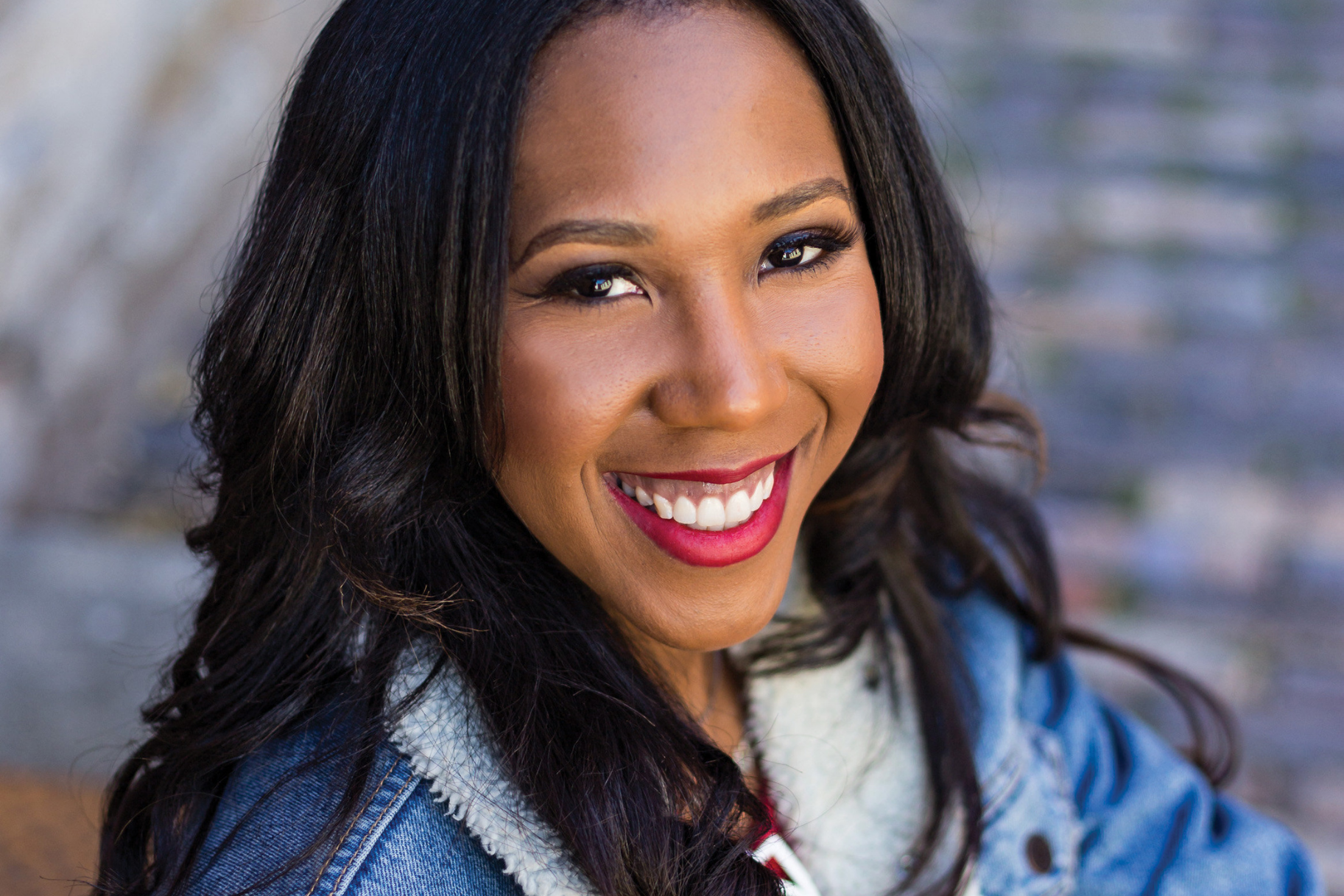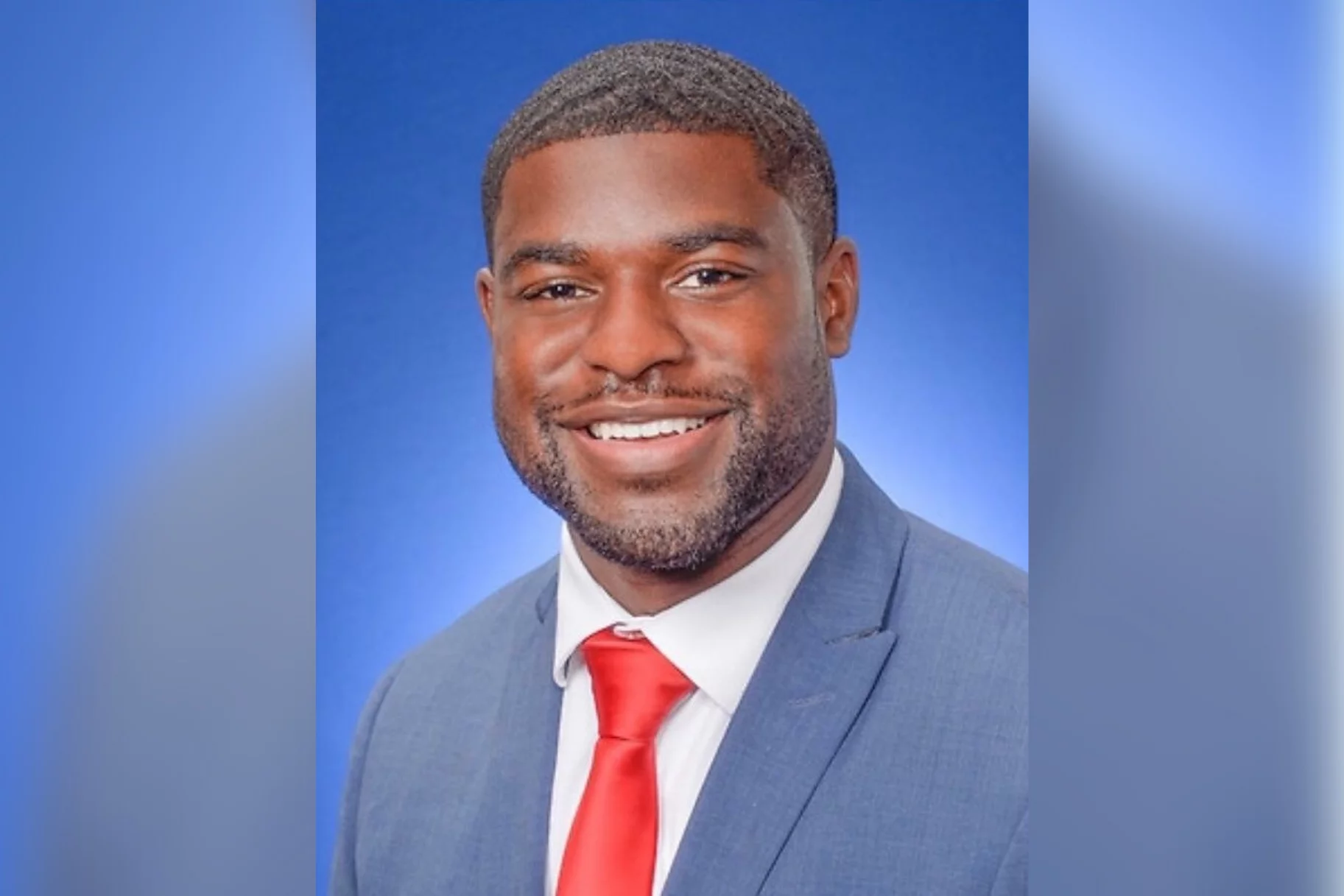While many students choose to enroll in a master’s program directly after completing their undergraduate studies, others wait years or even decades before returning to school.
Whether you’re looking to change career paths, gain new skills to grow in your current position or simply have a love of learning, obtaining a master’s degree in your 30s can be an extremely rewarding experience (and in some ways, even better than doing so in your 20s).
Although going back to school at 30 can feel like a juggling act — you may have a full-time job or family responsibilities — we spoke with three online graduate students about their experiences at USC and how they successfully balanced school, life and their careers.
“You connect a little different.”
Alice Fung, a graduate of the USC Viterbi School of Engineering, returned to school in her 30s to fill a skills gap. Fung enrolled in her first master’s program — an MS in Engineering Management — to land a supervisory role at the L.A. Department of Water and Power, but she later realized she lacked certain technical knowledge.
“[A]fter many years at the company, I still felt like I wasn’t getting a lot of things that I needed to understand, especially [because] I work in a utility with a lot of things in that technical aspect. That’s when I decided to get my second degree in electrical engineering,” Fung told USC Online.
Fung, who chose USC because of its “top reputation” and unmatched networking opportunities, noted that going back to school in her 30s meant taking more time to complete her MS in Electrical Engineering — about five years.
She chalks up the pace difference to the fact that she had to take fewer classes at a time (one per semester) and needed to readjust to the college environment.
“At that point, I was already eight years from my undergraduate degree … It took me a while to get back into the groove … Coming back at the end of the day to focus on a class and doing a lot of coursework is challenging. It was quite a different story than when I did the first degree,” she explained.

Even though the time away from school made it a bit harder to adapt, Fung noted that taking online classes provided more flexibility with her schedule. She also found it gratifying to make connections with people all over the world, not just in Los Angeles.
“You connect a little different, too, when you’re not a full-time undergrad student,” Fung explained.
“You are super focused.”
For Alicia Rodrigo-Miller, a master’s degree from USC Leonard Davis School of Gerontology allowed her to pivot to an entirely new industry.
Originally, Rodrigo-Miller had aspirations to work in the world of fashion. After receiving a business degree, moving to Los Angeles and launching a career in wholesale clothing, however, she began to doubt whether it was her true calling.
“I started my career in fashion when I was pretty young, and over the years, I found it wasn’t really what I was super passionate about. At the end of the day, I wanted to do something that was a little bit more meaningful and a little bit more impactful. It was also getting too repetitive, and I didn’t feel challenged by it,” she explained.
Rodrigo-Miller turned her mind to other potential fields, and she ultimately landed on nutrition and dietetics, which was already “near and dear to my heart,” she said. Plus, she felt the career would be more dynamic than her previous position.
Born in Los Angeles, Rodrigo-Miller had long been aware of USC and its legacy, so she was eager to join the MS in Nutrition, Healthspan and Longevity online program — in fact, USC was the only school she applied to. Going back to school a little later in life also gave Rodrigo-Miller the opportunity to fully immerse herself in the program.
“I think one of the pros of the experience is that you are super focused. You are electing to be there … You’ve put thought into it. That was an added benefit, certainly. Also, I think my experience out in the workforce helped give me a lot of discipline … It’s like, ‘I don’t have time to waste. I’m getting this done,’” Rodrigo-Miller mused.

When asked what she would tell other 30-somethings considering a return to school, Rodrigo-Miller emphasized how influential the master’s degree has been on her career transition.
“If it’s something that you are passionate about and you truly feel that a master’s degree is the best way, just do it. It is scary. It is overwhelming at times. It is 100 percent challenging, especially when you’re older and you have other responsibilities, like a partner or children or family obligations or things like that. But it ends up being so worth it. USC has provided me with a really great network of individuals and support in terms of faculty and staff, which has made the journey a lot easier, more pleasant. I’m in really good company,” she concluded.
“I can apply what I’m learning immediately.”
Brandon Lawson graduated from Georgetown College, a small liberal arts school in Georgetown, Kentucky, where he was the captain of the football team and majored in accounting. Although Lawson loved his undergraduate experience, he was in no rush to enroll in a master’s program, as he was initially unsure which industry he wanted to explore.
“I don’t think I was ready to go to grad school right after college. I needed to go and figure out what I wanted to do, what I wanted out of life. And I think that gap in between allowed me to kind of lay the foundation of who I wanted to be and what exact path I wanted to take,” he said.
Eventually, Lawson, who worked as an accountant and an auditor before heading into pharmaceutical sales, settled on his next steps. He wanted to get an MBA, and as a fan of USC football, he wanted one from USC. It worked out perfectly: Lawson is currently enrolled in the online MBA program at the USC Marshall School of Business.
“The whole goal about getting my MBA is to not only further my career, but also … to transition into the tech industry and then eventually into a leadership position. Maybe I’ll establish my own foundation, or be a CEO, or an executive, or an entrepreneur. But definitely moving into leadership, which is why the MBA is so needed,” he said.

While going back to school in his 30s hasn’t necessarily been easy — Lawson is a married father with a full-time job — taking a few gap years helped him concentrate more on his education.
“I’m a lot more focused now than I was when I was going to undergrad. I know so much more what’s at stake. Also, I understand that I can apply what I’m learning immediately … I’m able to understand why we’re doing certain things within the company and be able to communicate that with not only my management, but also my peers, so that they are up to speed with what’s going on,” Lawson explained.
If he had to highlight one vital trait to hone before attempting a master’s program, Lawson pointed toward time management.
“Being able to set your priorities is so important. Put everything in a calendar. And then if you do have a significant other, share it with them. Have everything in your calendar, so are as organized as possible so you can be successful,” he concluded.
Learn more about USC’s online graduate programs today.

